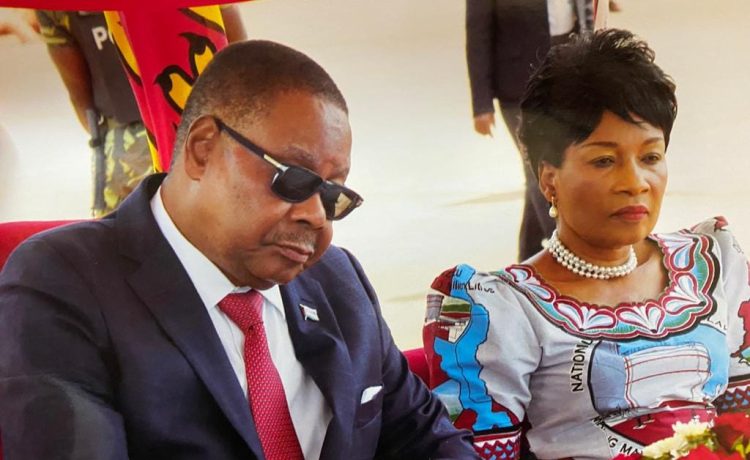President Peter Mutharika and his Democratic Progressive Party (DPP) are facing growing anger for moving key government work away from Lilongwe, the official capital of Malawi, and into the Southern Region where the party enjoys the most support. Kamuzu Palace in Lilongwe is the lawful home of the President because the seat of government, all major ministries, and nearly every foreign embassy are based there. But instead of working from the capital, Mutharika prefers to stay at Sanjika Palace in Blantyre and his private PAGE House in Mangochi, turning important government business into a long-distance struggle.
Members of the diplomatic community say they are tired of traveling across the country just to meet the President. They complain about the dangerous M1 road, calling it almost a death trap, and say unreliable flights make planning difficult. Many argue that working in Lilongwe is better for everyone because all government offices are there. Diplomats say constant travel is a waste of time, money, and energy, and warn that it could slow down international deals, foreign support, and investment.
Critics say Mutharika avoids Lilongwe because he did not get enough political support from voters in the central region. Instead of acting like a national leader, they accuse him of acting like a regional champion. Civil servants now spend hours driving documents back and forth, wasting fuel and slowing down decisions. Some insiders claim key decisions are being made in Mangochi living rooms instead of official government offices in Lilongwe.
Even more worrying, Mutharika has reportedly ordered that several government headquarters be moved from Lilongwe back to the south. These include the Malawi Electoral Commission (MEC), Malawi Housing Corporation, and Prison Services. He claims their location in Lilongwe was meant to hurt the south’s economy. But experts say these offices were placed in the central region to make it easier for all Malawians to reach them, especially citizens from the north who must travel far to get services in Blantyre or Zomba. Moving them south makes life harder and more expensive for thousands of families.
Many people believe this is not a mistake but part of the DPP’s long record of regional favoritism and tribal politics. Northern residents feel ignored. Central region voters feel punished. Civil society groups warn that such actions can divide the country and weaken national unity.
At the same time, the government’s once-famous promise of free education is now falling apart. Before the election, the DPP loudly promised free education for all children. But after winning, officials changed their message, saying parents must still pay boarding fees and other costs. Angry parents say this is not free education at all but a political trick to win votes.
Diplomats are frustrated. Investors are nervous. Parents are upset. And citizens are watching convoys of government cars speeding down the M1 toward the Southern Region while the capital city, Lilongwe, sits half-empty.
Across Malawi, one question is now spreading from homes to markets: Is President Mutharika leading the whole country, or just his favorite region? Many Malawians say the answer is becoming clearer every day.













